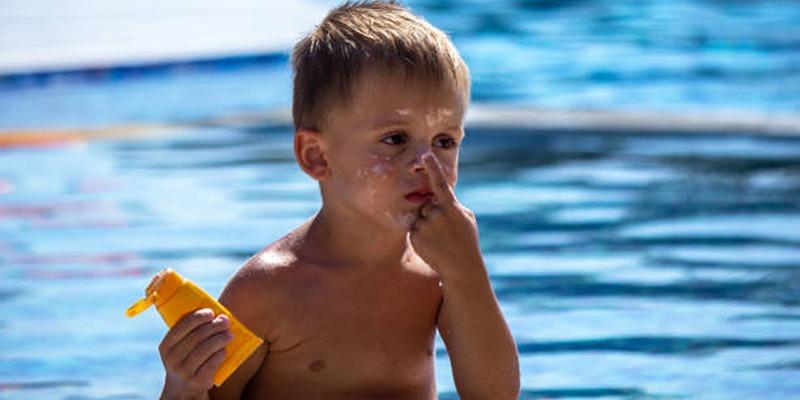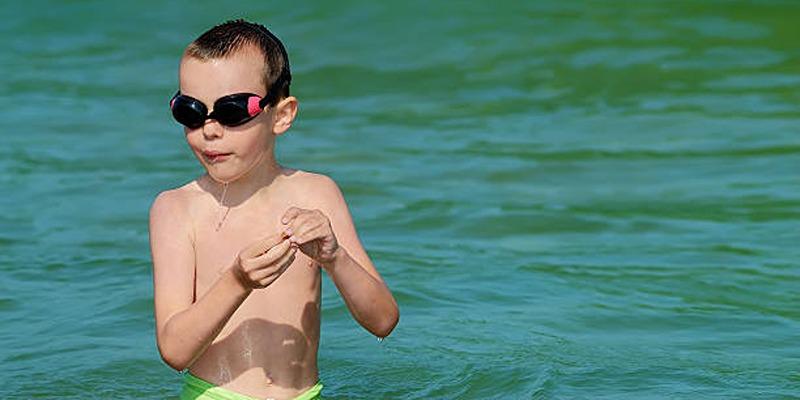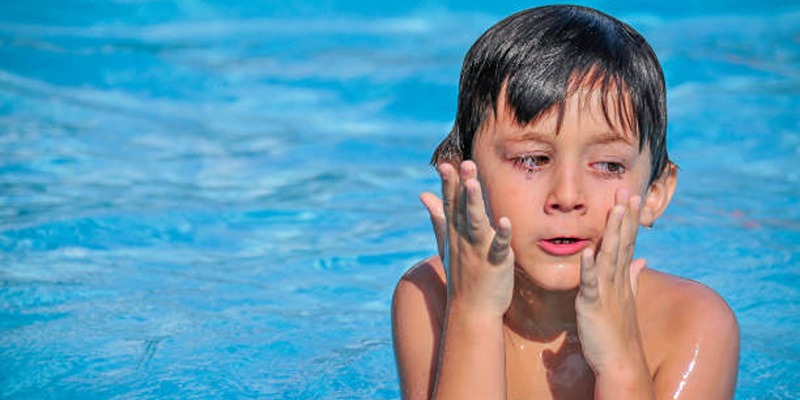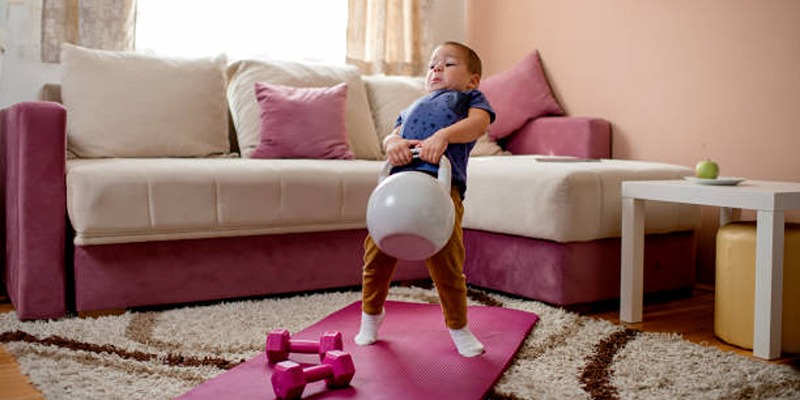Children who have eczema experience some difficulties since the skin condition is very sensitive and becomes easily irritable and dry. Chlorinated water, may even help to wash away the skin and minimise the bacteria that cause inflammation to the skin in case of eczema. But also, the chemical that is present in the pool water or even the sea water can also remove the moisture content of the skin and may cause flare up and discomfort.
Understanding Eczema and Its Triggers:
Eczema, or atopic dermatitis, is a skin condition characterized by redness, inflammation, and persistent itching. It commonly affects areas like the face, hands, feet, and other parts of the body. Key triggers that can provoke eczema flare-ups include:
- Dry Skin: Insufficient moisture can exacerbate eczema symptoms, leaving the skin more vulnerable to irritation.
- Allergens: Common irritants such as pollen, pet dander, dust mites, and certain foods can trigger reactions in sensitive individuals.
- Harsh Chemicals: Ingredients in soaps, detergents, and fragranced products can aggravate the skin, leading to inflammation.
- Environmental Conditions: Extreme weather—whether hot or cold—along with humidity and pollution, can significantly impact eczema-prone skin.
Swimming and Eczema: Exploring the Benefits
Although swimming isn’t a direct treatment for eczema, it can offer notable benefits for children with the condition when approached carefully. The water creates a calming environment, reducing irritation caused by clothing friction or scratching. As a low-impact exercise, swimming also boosts circulation and helps lower stress levels—both of which are key to promoting healthy skin and minimizing eczema flare-ups.
The Effects of Chlorine and Saltwater on Eczema:

Swimming can be a source of fun and exercise for children, but for those with eczema, it often raises concerns about exposure to chlorine in pools or salt in seawater. Both substances can impact eczema differently, and understanding their effects is key to managing symptoms.
Chlorine in Swimming Pools:
Chlorine is widely used to disinfect pools and keep them hygienic, but it can be harsh on sensitive skin. For children with eczema, chlorine strips the skin of its natural oils, which are essential for maintaining hydration and preventing flare-ups. This can lead to dryness, irritation, redness, and worsening eczema symptoms.
- Rinse before swimming: Encourage a pre-swim shower to saturate the skin and reduce chlorine absorption.
- Moisturize post-swim: Apply a gentle, fragrance-free moisturizer immediately after swimming to restore moisture and create a protective barrier.
- Wear protective swimwear: Rash guards or wetsuits can physically shield the skin from direct contact with chlorine.
- Limit pool time: Reducing swim sessions can help decrease chlorine exposure and its effects on sensitive skin.
Saltwater Pools and Seawater:
Saltwater can be a mixed experience for eczema-prone skin. The minerals in seawater can soothe inflamed skin and promote healing, but salt can also be abrasive and drying, potentially triggering flare-ups. Proper post-swim care is essential to balance the benefits and risks.
- Rinse off immediately: Shower after swimming to wash away salt and prevent the skin from drying out.
- Moisturize thoroughly: Rehydrate the skin with a high-quality, fragrance-free moisturizer after saltwater exposure.
- Protect against the sun: Sunburn can aggravate eczema, so use sunscreen and limit time in direct sunlight.
Beyond Chlorine: The Role of Other Pool Chemicals
While chlorine is the most common pool disinfectant, other chemicals like bromine, stabilizers, and algaecides are often used as well. However, these can contribute to skin irritation, particularly for children with eczema. Pools that use bromine or alternative, less irritating chemicals may be a better option for sensitive skin.
- Choose gentler pool systems: Whenever possible, opt for pools with saltwater or mineral-based systems, which are typically kinder to sensitive or eczema-prone skin.
- Use protective swimwear: Reduce direct skin contact with pool water by wearing rash guards, swim caps, or other protective clothing.
- Moisturize the skin: Hydrate the skin both before and after swimming to help combat the drying effects of pool chemicals.
Post-Swimming Skin Care Routine for Children with Eczema:
Swimming is a fun and healthy activity, but for children with eczema, it requires extra care to protect their sensitive skin and prevent flare-ups. Establishing a thoughtful post-swim routine can soothe irritation and maintain healthy skin. Here's how to keep your child's skin calm and comfortable after swimming:
1. Rinse Off Right Away
After swimming, rinse your child’s skin immediately to remove chlorine, saltwater, or any lingering pool chemicals. Use lukewarm water instead of hot, as hot water can strip the skin of its natural oils, leading to further dryness.
2. Use a Gentle Cleanser
Choose a mild, fragrance-free body wash specifically designed for sensitive skin. Avoid soaps with harsh chemicals or strong fragrances, as these can aggravate eczema and cause discomfort.
3. Moisturize While Skin is Damp
Gently pat the skin dry—don’t rub—and apply a generous layer of fragrance-free moisturizer while the skin is still damp. Look for moisturizers enriched with ceramides, glycerin, or hyaluronic acid to lock in hydration and reinforce the skin's barrier.
4. Dress in Soft, Breathable Fabrics
After moisturizing, dress your child in loose, soft clothing made from natural fibers like cotton. Avoid rough, tight, or synthetic fabrics that could irritate sensitive skin and trigger discomfort.
Managing Eczema Flare-Ups After Swimming:

Despite your best efforts, swimming may occasionally cause eczema flare-ups. When this happens, prompt action can help minimize discomfort and restore your child’s skin. Here are some tried-and-true strategies:
- Topical treatments: Use over-the-counter hydrocortisone creams or prescribed corticosteroids to reduce itching and inflammation. Always follow your doctor’s instructions when using these treatments.
- Antihistamines: If itching becomes intense, an antihistamine can help soothe the urge to scratch and calm irritated skin.
- Cold compresses: Apply a cold compress to the affected area to reduce swelling and provide instant relief from itching.
- Consult a dermatologist: If flare-ups persist or worsen, seek advice from a dermatologist. They can recommend targeted treatments and manage symptoms more effectively.
Conclusion:
Swimming can be a joyful and enriching experience for children with eczema, but it requires proactive care to prevent irritation and flare-ups. Chlorine, saltwater, and other pool chemicals can be harsh on sensitive skin, so it’s vital to adopt a comprehensive routine. Moisturize before and after swimming, use protective clothing, and follow post-swim skincare steps to keep your child’s skin healthy and comfortable.







